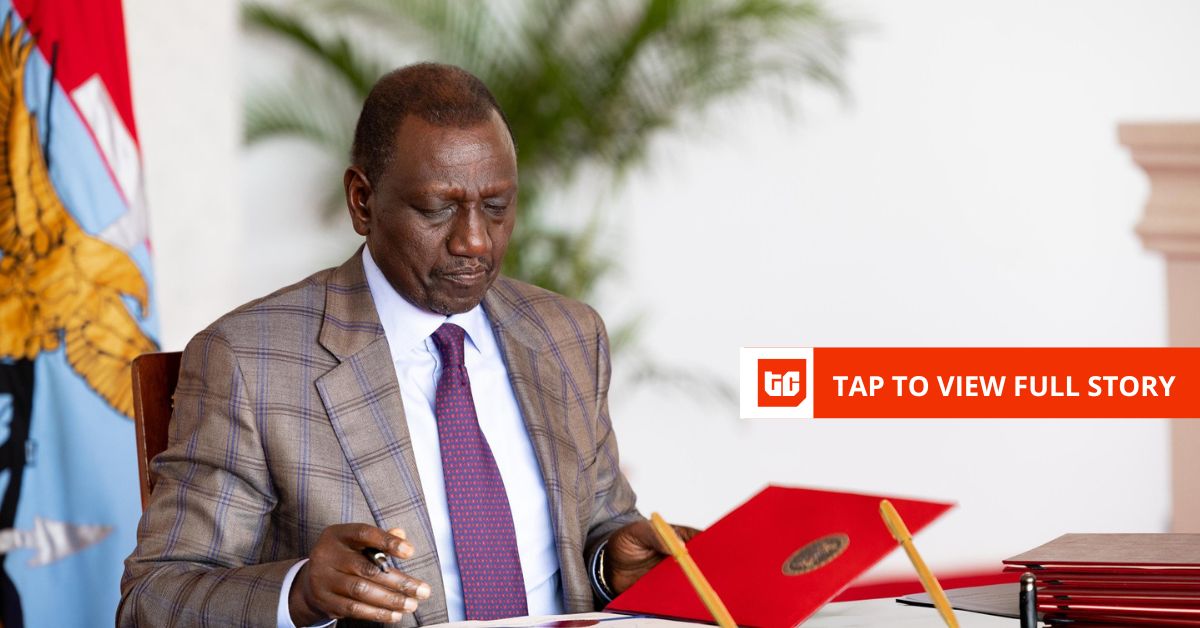Kenya is on the verge of introducing its first cryptocurrency law after its Parliament passed the Virtual Asset Service Providers (VASP) Bill, 2025, at its third reading on Tuesday. The legislation, which now awaits President William Ruto’s assent to become law, could make Kenya one of Africa’s first nations with a clear rulebook for digital assets.
First introduced in 2024, the bill establishes the Central Bank of Kenya (CBK) and the Capital Markets Authority (CMA) as joint regulators of digital assets. The Treasury Cabinet Secretary will have powers to issue detailed rules on stablecoins, tokenisation of real-world assets, trading platforms, capital and solvency standards, and anti-money laundering compliance.
The passage follows months of committee-stage debate and public consultation. Attorney General Dorcas Oduor is now preparing the final draft for presidential assent. Lawmakers said the version approved in the third reading includes new compliance and licencing clauses, though the updated text has not been released publicly.
The legislation’s passage positions Kenya to introduce one of Africa’s most structured virtual-asset regimes, with clear capital, solvency, and consumer-protection requirements for service providers. It will open a formal licencing pathway for local and foreign crypto startups already active in the market, including Luno, Busha, KotaniPay, Fonbnk, Swypt, and Binance.
“With Parliament’s passage of the VASP Bill, Kenya is one signature away from making regulatory history,” said Chebet Kipingor, business operations manager for Busha Kenya, a subsidiary of the Nigerian-based crypto startup. “It’s a signal that Africa’s most innovative economy is ready to balance innovation with consumer protection, and that progress, not fear, will guide our digital future.”
Yet the extent of regulatory benchmarks and capital thresholds will determine if these startups can remain competitive in the market. The timing of the bill also carries broader implications. Kenya’s government is under pressure to strengthen financial oversight as part of efforts to exit the Financial Action Task Force (FATF) greylist and meet revenue-raising and fiscal targets tied to its IMF extended fund facility (EFF), which was cancelled in March, according to an industry insider who spoke on the condition of anonymity.
The real test will come in the Treasury’s sub-regulations; how it defines capital adequacy, custody, and disclosure for startups, will determine whether Kenya emerges as Africa’s preferred economy for digital asset service providers or risks pushing them offshore. President Ruto is expected to receive the final bill within weeks, setting the stage for Kenya’s first comprehensive crypto law.
Mark your calendars! Moonshot by is back in Lagos on October 15–16! Meet and learn from Africa’s top founders, creatives & tech leaders for 2 days of keynotes, mixers & future-forward ideas. Get your tickets now: moonshot..com









